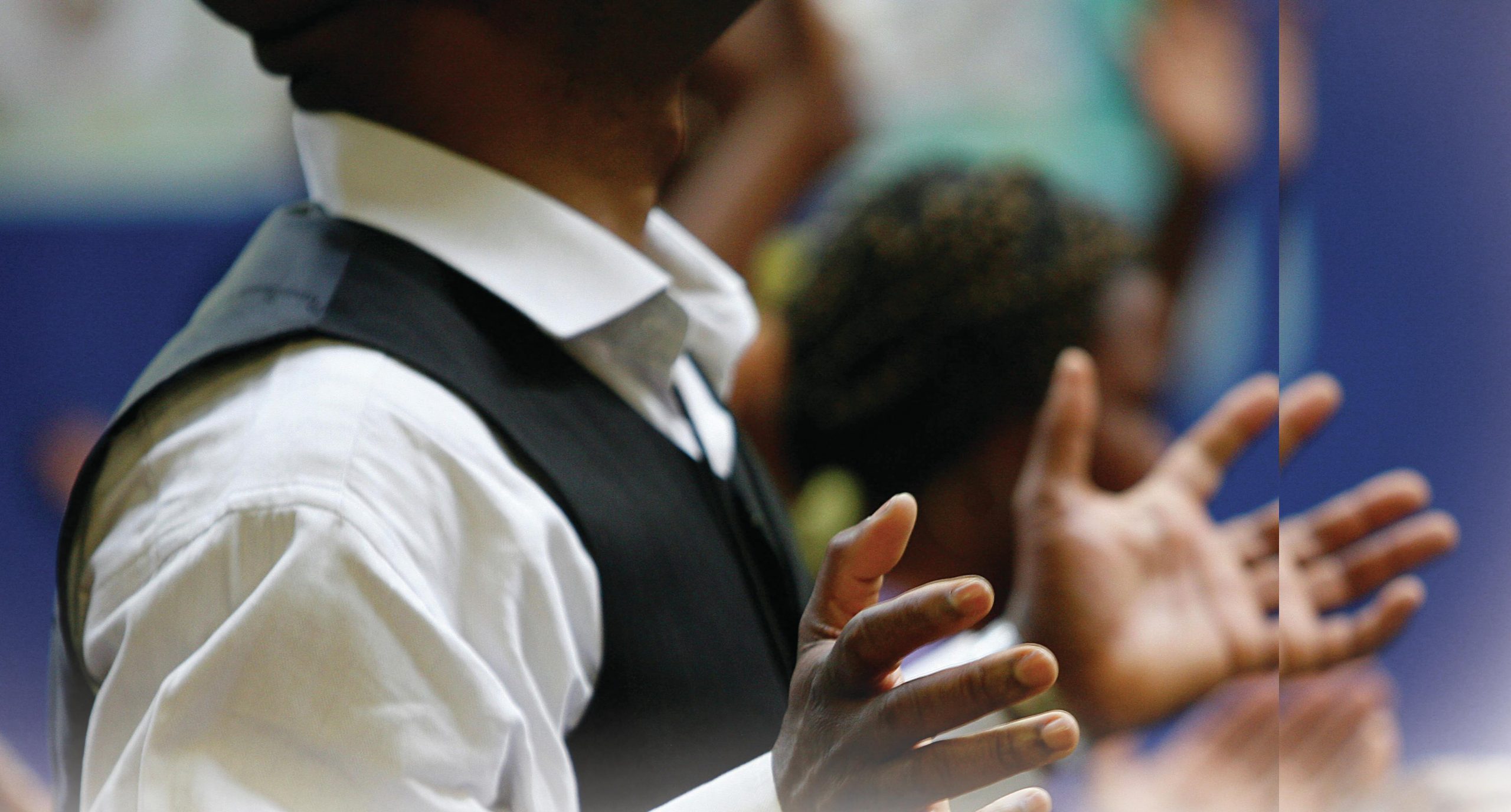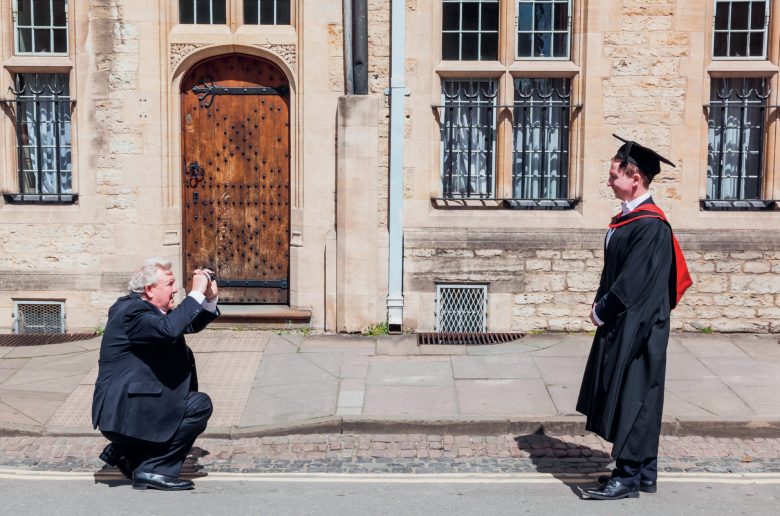
Caroline Knowles describes an interesting research project covering three European cities and involving sociologists who were not specialists in ‘religion’ but had detailed experience of researching cities and migrant populations. She provides a very useful summary of some of the main aspects of the ‘secularisation debate’, before going on to describe her research into an area of north London. Note that the ‘architecture’ of cities is used here to refer not only to the ‘literal’ architecture of buildings and spaces, but also the ‘social’ architecture — how these buildings and spaces are used by residents. She introduces the interesting concept of ‘nested churches’, and points out how many of the religious institutions have a global reach that transcends national and state boundaries. Her description of the research provides useful material for a discussion of sociological methods. This is a very important article for students of the ‘Beliefs in Society/Religion’ topic, and also contains useful material for ‘Culture and Identity’.
Sociologists often work in teams with colleagues in other European countries because of the ways in which research is funded through the European Union. In this research the London team was led by Roger Hewitt, and he and I worked with colleagues Mette Andersson (Oslo team) and Ingrid Gogolin (Hamburg team). None of us was an expert in the sociology of religion, but our research bid was chosen because we have expertise in the topics of cities and migration. Migrants are highly represented in inner-city congregations and therefore they have a bearing on how we might understand religion. Sociologists of migration often overlook the importance of religion in migrants’ lives.
Your organisation does not have access to this article.
Sign up today to give your students the edge they need to achieve their best grades with subject expertise
Subscribe




